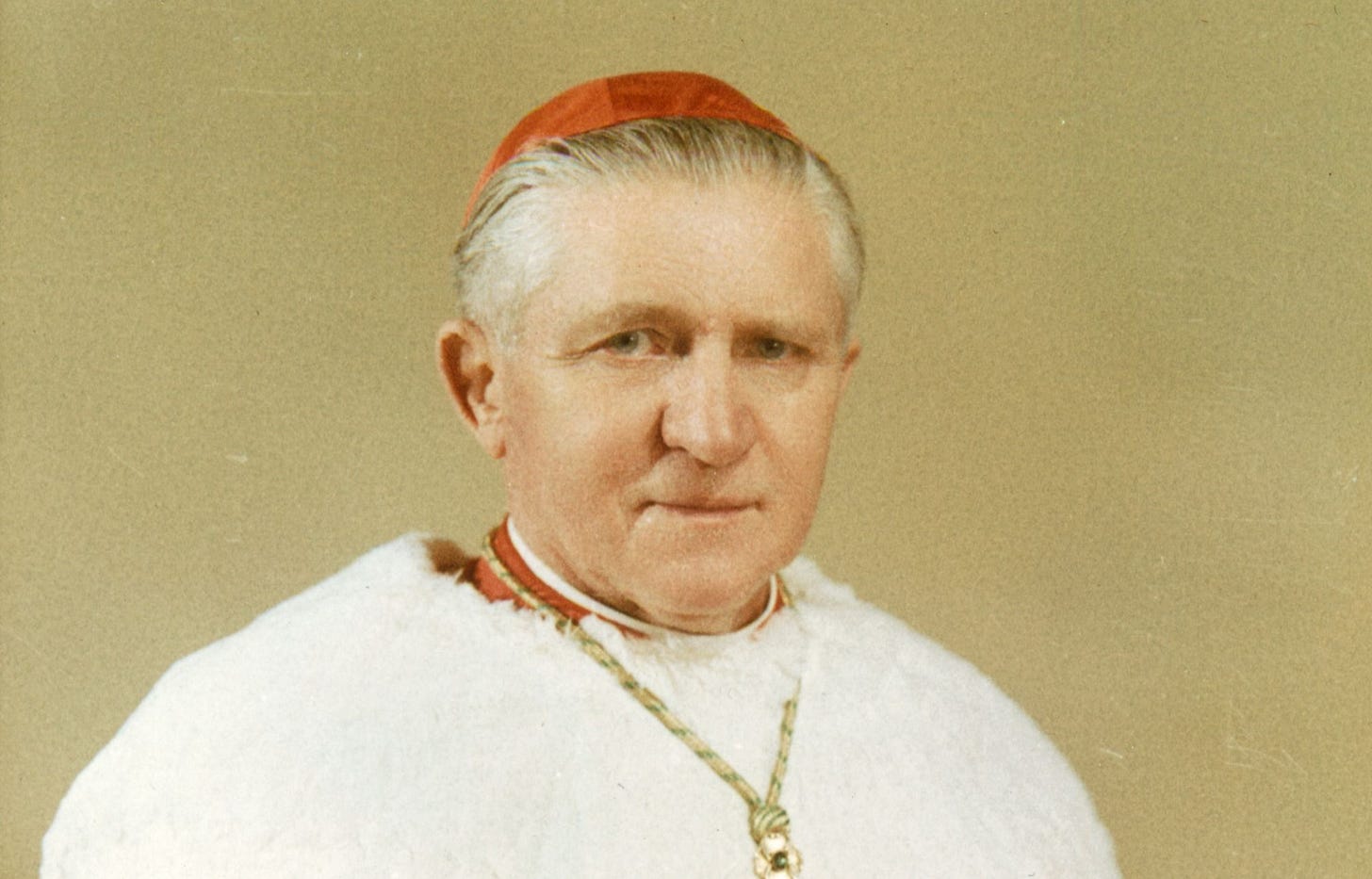The story of the cardinal from Fargo
Francis is not the first pope to reach into smaller and lesser-known dioceses to appoint new cardinals. In fact, Pope John XXIII appointed a cardinal from the Diocese of Fargo, North Dakota, in 1959.
Among the hallmarks of Pope Francis’ papacy is his proclivity for appointing cardinals from dioceses which have not traditionally been “cardinalate sees.”
Francis’ most recent consistory elevated cardinals “from the peripheries” of East Timor, Mongolia, Paraguay, and Singapore.
But Francis is not the first pope to reach into smaller and lesser-known dioce…

